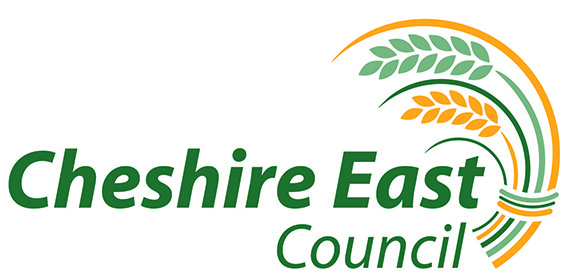- Home
- News
- What’s On
- Activities for Children
- Arts & Crafts
- Autos and Bikes
- Business events
- Car Boot & Auctions
- Charity events
- Churches & Religious
- Comedy
- Dance
- Days out & Local interest
- Education
- Exhibition
- Film
- Gardening & Horticulture
- Health
- Markets & Fairs
- Music
- Nature & Environment
- Spiritual
- Sport
- Talks and Discussions
- Theatre and Drama
- Business
- Local Information
- Jobs
- Deaths
- Charity events
- Contact Us
Council tax to rise by 5.99%

Cheshire East Council has approved a 5.99% increase to council tax – three times the current level of inflation – which it is claimed will “protect frontline services and deliver value for local people”. The council also voted to invest an additional £7 million in highways in response to concerns over the condition of some of the borough’s roads.
The final government grant settlement, announced recently, will allow the council to spend a further £907,000 in adult social care and £37,000 on its homeless strategy – aimed at preventing rough sleeping and keeping people in some form of accommodation.
Council Tax will increase by 5.99 per cent in 2018-19. This adds £1.39 per week to the average household Council Tax bill. A Band D property bill will rise from £1,324.92 to £1,404.28 – an increase of £1.53 per week.
The decisions follow a pre-Budget Consultation 2018-21, launched in November, which set out initial proposals for how the council could target resources more effectively and save money – while achieving balanced finances.
The revenue budget will be balanced for 2018-19 with net revenue spending of £268.8 million and total capital investment of £326.1 million identified over the next three years. A total of £197 million is estimated to be spent over the next three years on maintaining and improving Cheshire East’s highways network.
Jan Willis, Cheshire East Council’s interim executive director of corporate services, said: “These financial reports and budget outline how the council has continued to build on the solid achievements of recent years and continues to maintain robust financial health.
“The year ahead presents a number of challenges for all UK local authorities, as increasing demand in care services for children and adults, plus other pressures, are compounded by falls in government funding – a funding reduction totalling £14.8 million this year for Cheshire East and set to fall by a further £11.9 million in 2018/19.
“In Cheshire East, the number of residents receiving care and support from adult social care is increasing by four per cent a year and the number of children in social care placements has increased by 17 per cent in the last year, in line with other councils.
“The council’s net expenditure on adult social care services was almost £100 million in 2016/17, which is three-times the spending on any other service area. This council will continue to prioritise services for vulnerable people, despite the financial challenges. However, this means other services will need to deliver savings.”

You must be logged in to post a comment Login